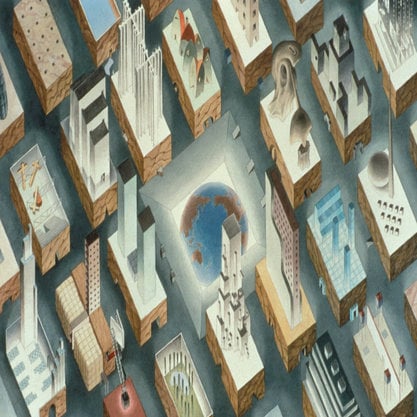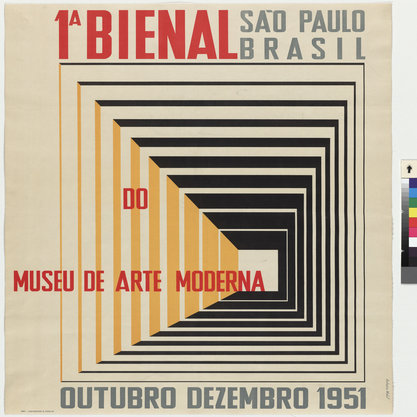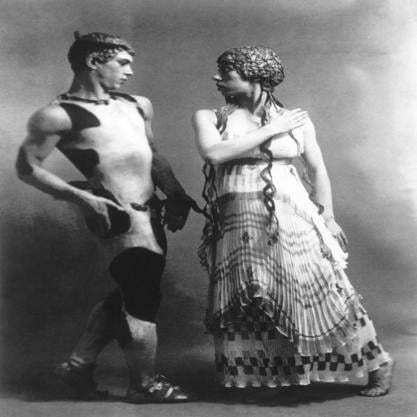Article
Reidy, Affonso Eduardo (1909–1964) By Corato, Aline Coelho Sanches
Article
The Brazilian architect and town planner Affonso Eduardo Reidy was born in Paris and studied architecture at the National School of Fine Arts of Rio de Janeiro (1926–1930). The school’s newly appointed director, Lúcio Costa, sought progressive teachers to join the faculty in an attempt to reform the school in a modernist direction. At Costa’s invitation, Reidy became an assistant lecturer upon his graduation in 1931. Reidy was also a trainee and assistant (1929–1931) of Alfred Agache, the French town planner who at the time was responsible for the master plan of Rio de Janeiro. Reidy became an architect of the city council in 1932 (Rio was Brazil’s capital at that time), and then began his thirty-year career in architectural design and planning that helped to define Brazilian modern architecture.
Alongside the architect Gerson Pompeu Pinheiro, Reidy was responsible for one of Rio’s first modernist buildings, the Albergue da Boa Vontade (1931–1932). He participated in the design of the Ministry of Education and Health (1936), which became a key work of Brazilian modern architecture. To have worked on this project under the direction of Le Corbusier was a pivotal experience for the young architect.



